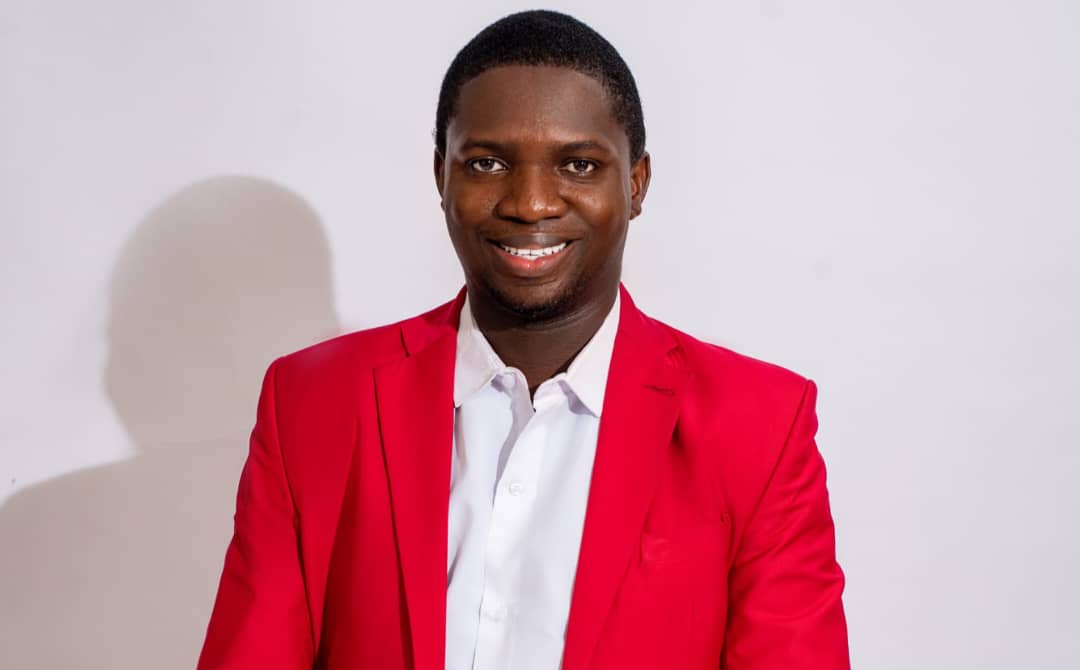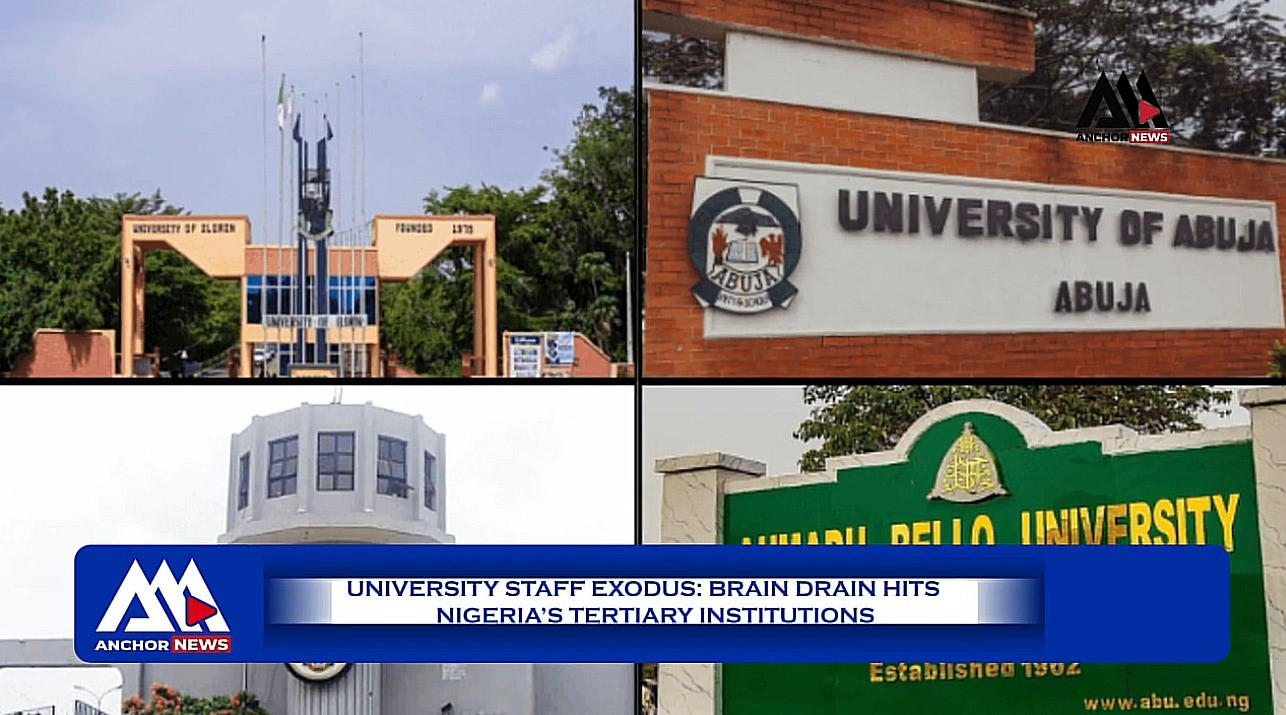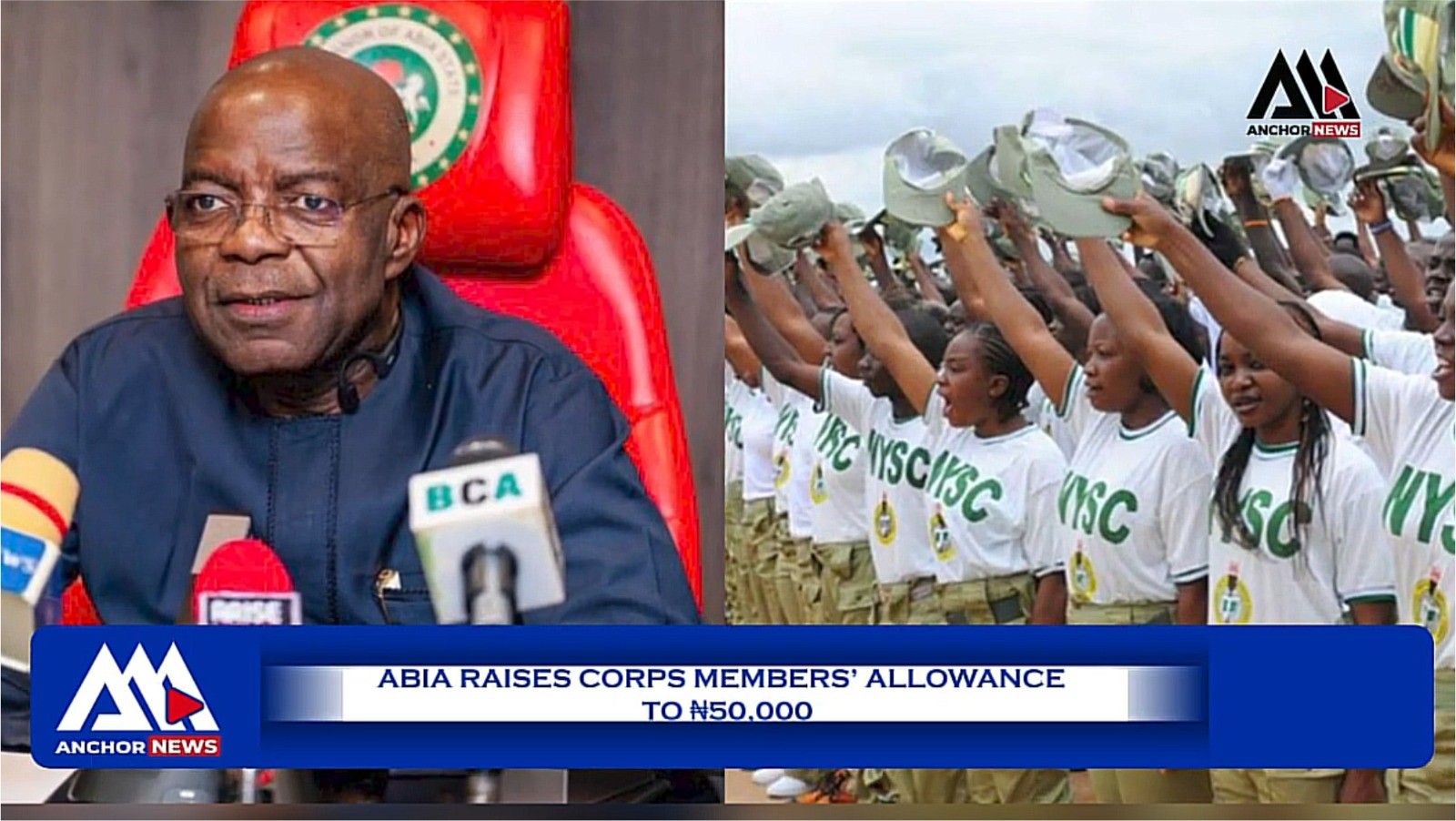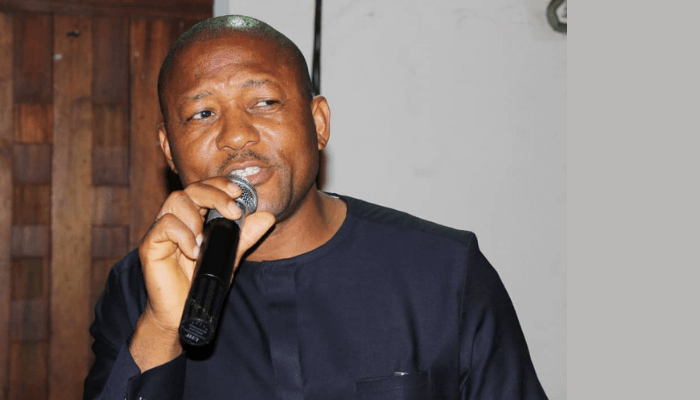
Human resources professionals at the African Workforce Summit (AWS) 2025 have urged jobseekers to embrace salary negotiation as a key aspect of career growth, calling on both employees and employers to challenge cultural and organisational norms that discourage pay transparency.
This charge was led by HR expert and founder of HR-Clinic, Emmanuel Faith, during a keynote address delivered on Friday, 27 June, at the Sheba Event Centre in Lagos.
Themed “The Fuse”, the two-day summit, held from 27 to 28 June 2025, drew over 2,000 participants — including HR leaders, talent developers, recruiters, employers, and jobseekers — to discuss workforce challenges in Africa, particularly youth unemployment, underemployment, and skills mismatch.
Addressing a packed audience, Faith highlighted how fear of rejection, cultural taboos around money, and a lack of access to compensation data continue to hinder young Nigerian professionals from negotiating fair salaries.
“We’ve been raised in cultures that say ‘just be grateful,’ but that mindset prevents us from asking for what we truly deserve,” he said.
Faith, who has held HR roles at top organisations including General Electric (GE), Cowrywise, Big Cabal Media, and Africhange, warned that many young professionals accept salaries far below market value due to poor financial literacy and ingrained modesty. Through his platform HR-Clinic, he advocates for simplified people operations in startups and is widely recognised as a leading voice in HR transformation and employee advocacy.
He illustrated the gap between cost-to-company figures and actual take-home pay with real-life examples, such as an offer pegged at ₦9.8 million annually translating to just ₦300,000 monthly.
“Ask for your net pay,” he advised. “Don’t be swayed by numbers that never land in your account.”
Faith also provided a breakdown of how jobseekers should evaluate offers — considering net income, bonuses, onboarding allowances, learning budgets, and other benefits. Using contrasting offers from Paystack and PiggyVest, he urged candidates to prioritise the certainty and predictability of income over headline figures.
Tackling the common interview question on salary expectations, he encouraged a more empathetic approach.
“HR can reframe it as, ‘What do we need to pay you to be happy to open Slack every morning?’” he joked, drawing laughter from the audience.
He maintained that negotiation should be based on the value a candidate brings, not just years of experience. If a role advertises 5–8 years and a 5-year candidate reaches the final stage, he said, they should feel empowered to negotiate at the upper range.
“The fact that you’re in the room means you’ve already proven your worth,” he stressed.
Faith shared personal and client anecdotes, including one in which a candidate’s insistence led to a revised 13th-month bonus policy at their former company.
“Everything is negotiable,” he said. “From relocation allowances to stock options and learning grants — policies can change because you asked.”
He concluded with a rallying cry: “Don’t shy away from naming your price. Every negotiation plants a seed. Ask for your coins.”
The African Workforce Summit, organised by Moses Joel Babatunde (popularly known as “OgaHR”), is designed to empower Africa’s growing talent pool through pitch sessions, mentorship, employer meetups, and real-time job matching — all aimed at bridging gaps between employers and young professionals.
Faith’s presentation underscored the need for salary literacy and negotiation confidence as vital tools for economic inclusion and professional empowerment.












